On Air Now
Radio X Chilled with Sarah Gosling 10pm - 1am
8 April 2023, 16:00

Massive Attack - Unfinished Sympathy
The story of how the band avoided their classic hit Unfinished Sympathy from being censored 30 years ago.
Massive Attack are best known for forging the genre that became known as "trip hop" and scored one of their biggest hits 30 years ago with Unfinished Sympathy.
But circumstances outside of their control could have stopped their career before it even began. And it was all to do with their band name, which had been inspired by a piece of graffiti by US street artist Brim Fuentes.
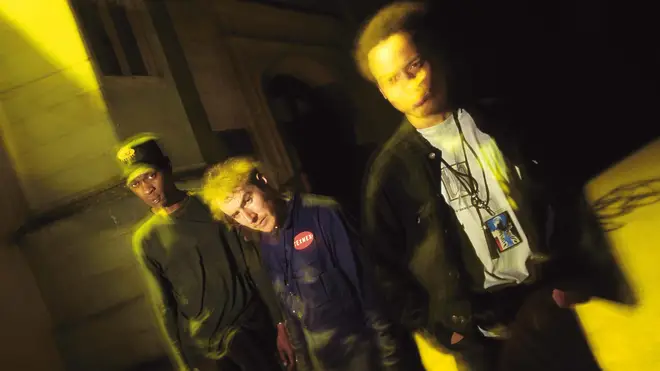
Massive Attack were formed in Bristol in 1988, having evolved out of a local sound system called The Wild Bunch. The trio of Robert "3D" Del Naja, Andrew "Mushroom" Vowles and Grant "Daddy G" Marshall struck out on their own, encouraged by Neneh Cherry. The singer, who had recently had success with the classic Buffalo Stance, became a benefactor of the group, along with her producer husband Cameron McVey.
"We were lazy Bristol twats," Daddy G told the Observer in 2009. "It was Neneh Cherry who kicked our arses and got us in the studio."
Their debut album was Blue Lines, recorded over eight months in 1990 "with breaks for Christmas and the World Cup", according to Del Naja. Released in April 1991, the LP was trailed by a remarkable single called Unfinished Sympathy.
The track featured singer Shara Nelson, who had known the trio since the days of The Wild Bunch, where she'd sung on their cover of The Look Of Love, the b-side to the 1987 single Tearin' Down The Avenue.
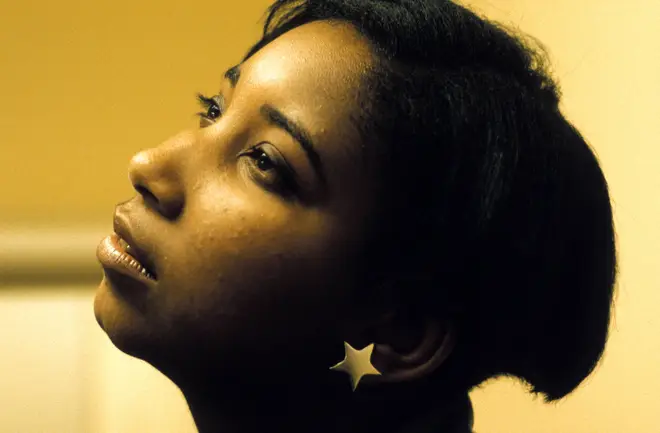
Nelson had been toying with a song idea during sessions at Bristol's Coach House studio, which was then known as "Kiss And Tell". Together with producer Jonathan Sharp aka Johnny Dollar, the trio worked up Nelson's idea into a full song.
Originally using keyboards for the string section, the band decide to shell out for a real orchestra, which created a different atmosphere for the track, which - thanks to a joke about the string arrangement - became known as Unfinished Sympathy.
Massive Attack ended up having to sell their communal car to pay for the string session, but it was agreed that the finished product was worth it. However, there was one problem to solve before the trio could go any further.
Since August 1990, the British military had been part of a coalition of forces engaged in the Gulf War after Iraq had invaded the neighbouring state of Kuwait over control of oil production in the area. After months of building coalition forces in the region, the general offensive against Iraq began on 17 January 1991. This was Operation Desert Storm.
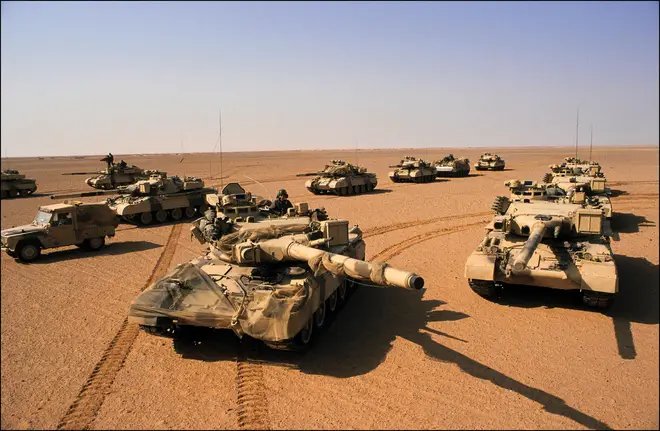
Air bombings on Iraq went on for the next 42 days and nights. Into this atmosphere came the release of Massive Attack's Unfinished Sympathy, which was pencilled in for a release date of Monday 11 February 1991.
However, with the Gulf War raging, the BBC had decided to place an unofficial ban on certain songs and artists who they claimed would have been "unsuitable" for airplay while British friends, relatives and loved ones were serving in the Middle East.
The New Statesman published a list of the 67 songs that were deemed by the broadcaster to be sensitive in light of the conflict, which included (for obvious reasons) Blondie's Atomic, Pat Benatar's Love Is A Battlefield and - with an eye on the Middle Eastern locale of the battle - Walk Like An Egyptian by The Bangles.
Because of this cautious approach, Massive Attack's label Circa made the decision to amend the trio's name for the release of Unfinished Sympathy - on the sleeve and label, they were just called "Massive".
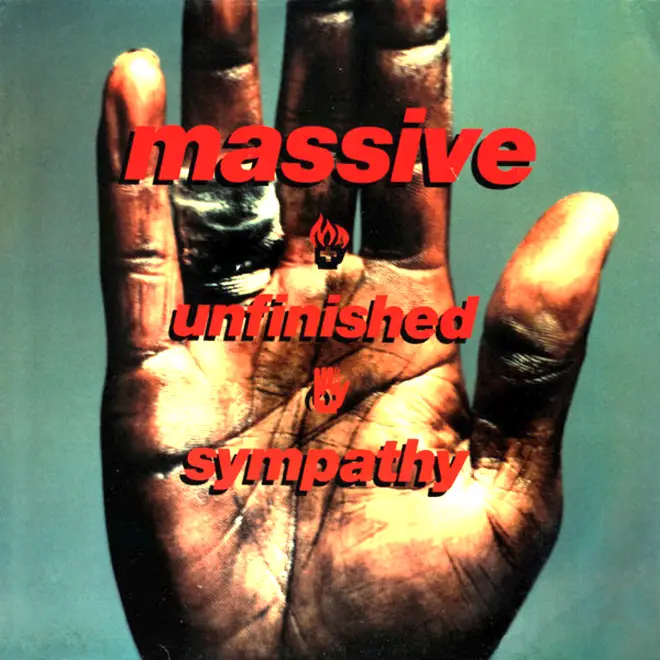
The BBC claimed that there was no outright ban on these tracks, but they had compiled a list of songs for local stations that may be thought to be insensitive coming out of a news report that detailed British casualties. Massive Attack was one such artist.
"The lyrics might not necessarily be about war," a BBC spokesman told the industry paper Music Week on 2 February 1991, "but if they were played after a bulletin which announced a tragedy, it would be offensive."
Circa Records' Managing Director Ray Cooper explained to the same magazine that artwork for Massive Attack's forthcoming album Blue Lines had been scrapped at a cost of "£10,000". "We don't want to be provocative in the current situation, and with some records not being played on the radio because of their titles, we didn't want to be banned."
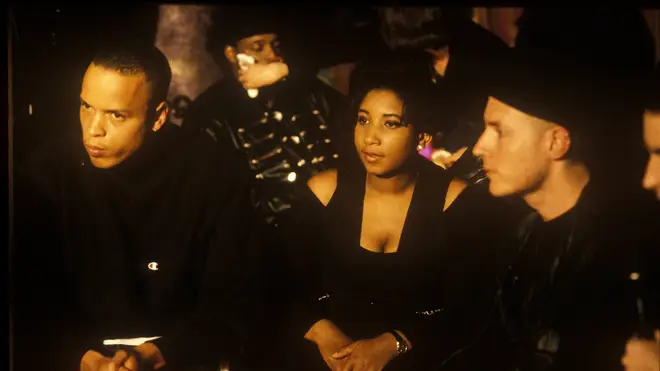
Massive Attack weren't the only artist affected - Bomb The Bass, best known for their hit Beat Dis, briefly went under the name of their main performer and producer, Tim Simenon.
Despite the mild controversy, Unfinished Sympathy crept into the chart the week of release just outside the Top 50, thanks to a brilliant video that saw Shara Nelson walk the length of a Los Angeles street in one continuous take. The single peaked at Number 13 on 10 March 1991, by which time the Gulf War was over.
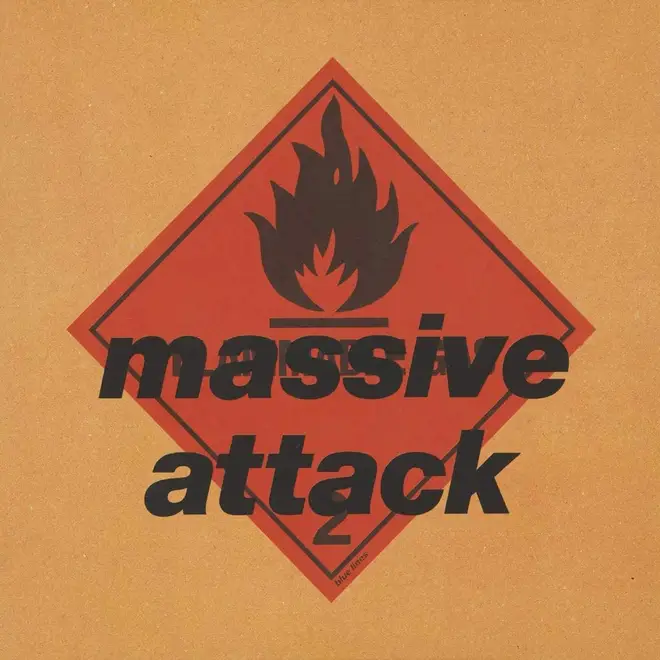
On 28 February, President George Bush announced a ceasefire and that the Iraq Army had been defeated. Iraq accepted all of the UN's resolutions the same day.
So, for the release of Blue Lines in April and the follow-up single Safe From Harm in June, Massive Attack reverted to their original name - and have remained that way ever since.